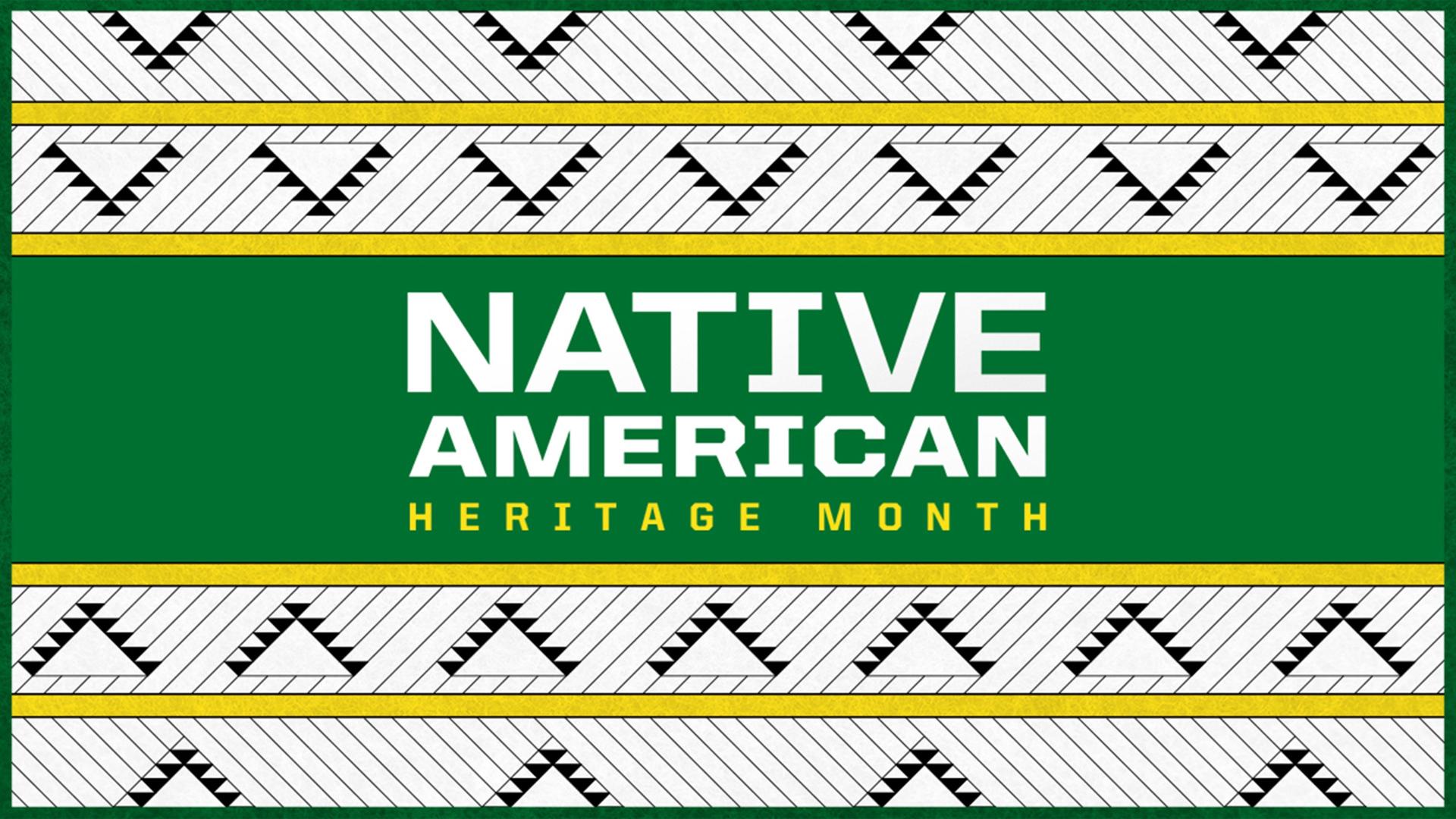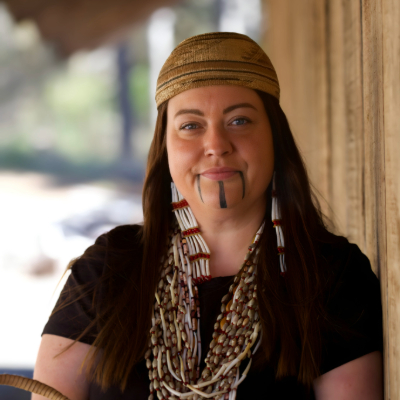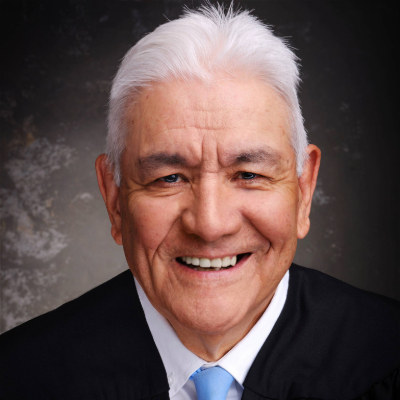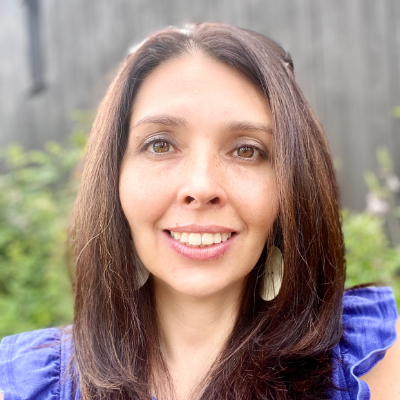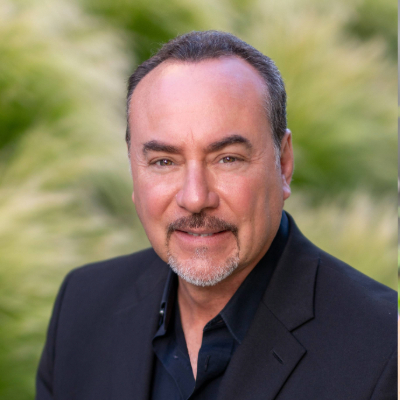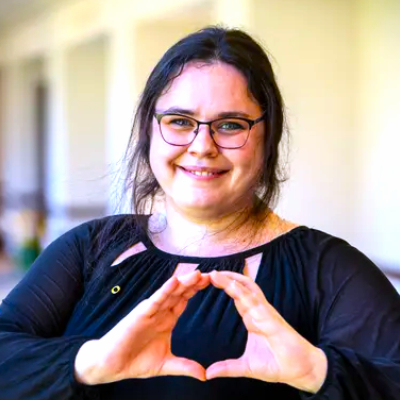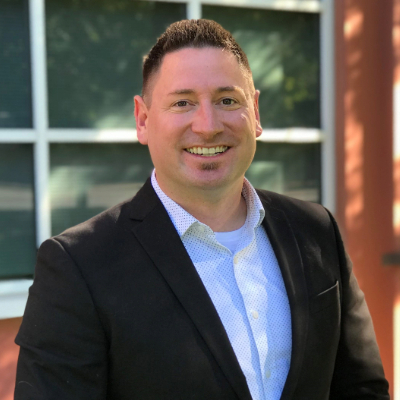Celebrating Native American Heritage Month
By Rosemary Camozzi, UO Alumni Association freelance writer
This month and every month, we honor the knowledge and contributions of Indigenous University of Oregon alumni, students, and faculty at the university, in their communities, and across the country.
Native American Heritage Month celebrates the history and continuing presence of Native peoples across the US, while encouraging us to learn more about our own state’s Indigenous history and cultures. This is also a time to recognize the challenges currently faced by Native communities, including land rights, cultural preservation, and economic development.
Long before European settlers arrived, more than sixty tribes thrived in Oregon’s diverse, resource-rich regions, each with unique traditions, languages, and ways of life. Colonization dramatically altered their lives, with settlers bringing ravaging diseases and displacing the tribes from their ancestral land.
After Congress passed the Oregon Donation Land Act in 1850, White settlers were allotted large tracts of land, and more than 7,000 settlers filed on 2.5 million acres—mostly west of the Cascade Mountains—over the next five years. A growing tide of newcomers then expanded into southern and eastern Oregon, following the lure of gold, timber, and fertile farmland. By 1860, there were about 60,000 European immigrants in present-day Oregon.
Through several treaties and in tandem with the Land Act, the US government forcibly removed Indigenous peoples to reservations. This includes the Kalapuya people, on whose traditional Indigenous homeland, Kalapuya Ilihi, the UO is located.
Oregon's Indigenous tribes have remained steadfast, working to restore their lands and preserve their cultures. They are an integral part of our state's identity, and we must never lose sight of their deep roots and continuing contributions. The UO is committed to supporting the Indigenous students, faculty, staff, and alumni who bring their talent and perspective to the university, from the Home Flight Scholars Program, which covers full tuition and fee costs for Native students, to the Native American and Indigenous Studies and Sapsik’ʷałá Teacher Education programs, which teach Native history, create community, and encourage the self-determination of Indigenous peoples. At the UO Alumni Association, the Native Duck Nation (NDN) alumni network also emanates Ducks pride and hosts enriching cultural events. Together, we uplift and strengthen our communities.
1,896
UO alumni self-identifying as American Indigenous
133
current UO students identifying as Native American
3%
percentage of UO student body that is Native American or Alaska Native
University of Oregon Land Acknowledgement
University of Oregon is located on Kalapuya Ilihi, the traditional Indigenous homeland of the Kalapuya people. Following treaties between 1851 and 1855, Kalapuya people were dispossessed of their Indigenous homeland by the United States government and forcibly removed to the Coast Reservation in Western Oregon. Today, descendants are citizens of the Confederated Tribes of Grand Ronde Community of Oregon and the Confederated Tribes of Siletz Indians of Oregon, and continue to make important contributions in their communities, at UO, and across the land we now refer to as Oregon and throughout the globe. You can listen to a reading of the Land Acknowledgement here.
Making a difference
We are grateful to all our Native Ducks, whose work to expand cultural understanding has enriched the UO beyond measure. In honor of Native American Heritage Month, we are highlighting six alumni for their contributions to the university and the world at large. From presiding over a courtroom to managing a museum, from acting as a cultural liaison to teaching traditional crafts and knowledge, these individuals are making a difference in their communities.
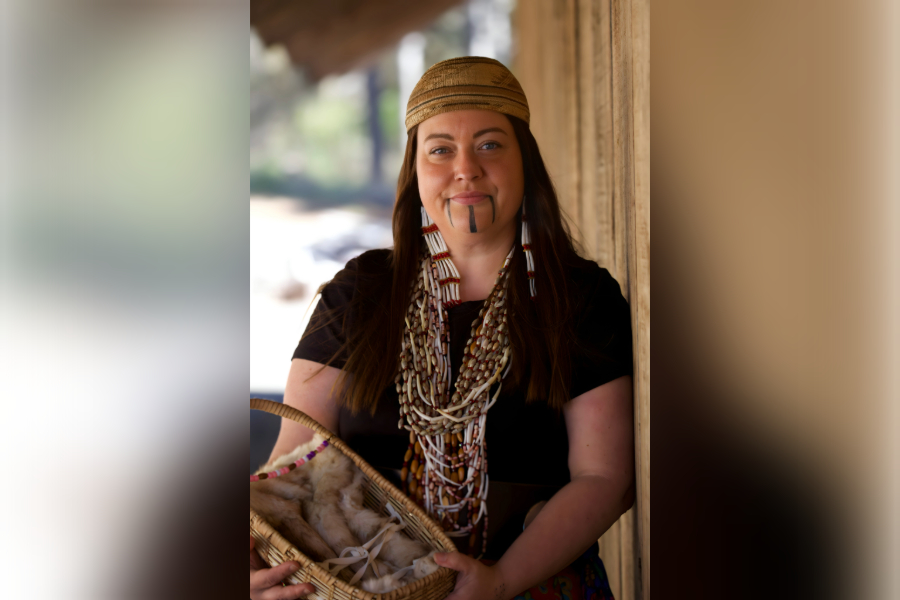
Stephanie Craig, BA ’09, MA ’13
Basket weaver and Native Duck Nation affinity network board member
A seventh-generation basket weaver, Craig grew up on her family’s farm in the traditional homelands of the Kalapuya, which gave her a deep connection to her ancestral ties. She graduated from the UO with a bachelor’s in anthropology, specializing in Northwest Native American cultures while also studying the Chinuk Wawa language. She went on to earn a master’s in cultural anthropology, museum studies, and folklore, with an emphasis on Western Oregon Native cultures and archaeology as well as Indigenous collections management and interpretation.
Craig has studied at the Smithsonian Institution, Oregon State University, the University of Oregon’s Museum of Natural and Cultural History, and the Tamástslikt Cultural Institute for the Confederated Tribes of the Umatilla Indian Reservation. With the help of traditional basket weavers, tribal elders, and ethnobotanists, she has honed her craft and preserved the traditions of many generations before her.
Today, Craig teaches the art of Northwest-style basket weaving while sharing traditional ecological knowledge and leading foraging groups to gather the natural materials used to make baskets. She also provides consulting services in cultural resource management and works with museums on conservation of belongings, replication production, cultural education, and presentations. She is a consultant for state, federal and Tribal agencies.
The University of Oregon has named her an Oregon Culture Keeper, and she is a Native Duck Nation (NDN) affinity network board member as well as a Confederated Tribes of Grand Ronde Cultural Committee member, Confederated Tribes of Grand Ronde Pow Wow Committee member, and board chair of the City of Amity Historical Landmarks Committee.
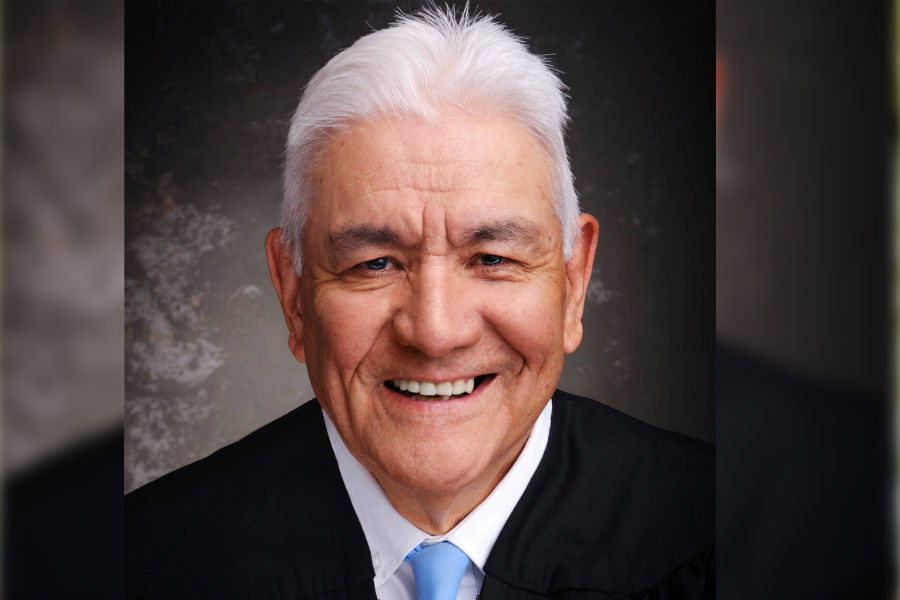
William "Grey Wolf" Johnson, JD ’75
Umatilla Tribal Court Chief Judge
William D. Johnson, JD ’75, has been chief judge of the Umatilla Tribal Court since 1988. A citizen of the Confederated Tribes of the Umatilla Indian Reservation (CTUIR), he grew up near Pendleton and is of Walla Walla, Cayuse, and Nez Perce descent.
Johnson has appeared before Congress to discuss Indigenous law issues and is known in legal circles for his positive influence on both CTUIR tribal law and federal Indian law. He is a strong advocate for restorative justice and encourages the reconciliation of community members who have been affected by a crime as well as the practice of keeping families together whenever possible. Tribal customs and traditions are always considered when sentencing takes place.
For twenty-five years, Johnson worked for the passage of Senate Bill 183, which requires court orders, judgements, and decrees issued in tribal courts to be enforced outside of tribal land.
“The reality is that tribal geographic jurisdiction is often very small, and it is easy for a person to simply move and never return in order to avoid enforcement of a tribal court order,” Johnson told the senators. “This needs to be remedied.”
The law passed in 2022 and has been critical in unilaterally enforcing the federal Violence Against Women Act. The Oregon Bar Association gave Johnson the President’s Special Award of Appreciation in honor of this achievement.
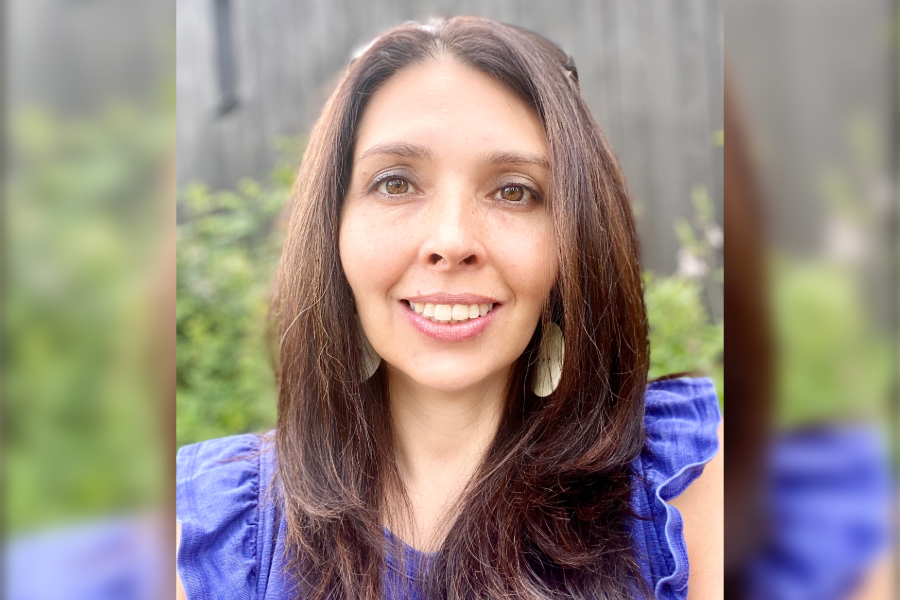
Tana Atchley Culbertson, BA ’00 (journalism)
Indigenous Community Coordinator at City of Portland and Native Duck Nation affinity network board member
Tana Atchley Culbertson, BA ’00 (journalism), grew up on her people’s ancestral lands in Southern Oregon and is an enrolled citizen of the Klamath Tribes. As a UO student, she was on the board of the Multicultural Center and served as co-director of the Native American Student Union.
Starting in 2007, Culbertson worked at Portland State University for six years, serving as an advisor for the Student Activities and Leadership programs. She followed that with five years as the tribal workforce development and outreach coordinator for the Columbia River Inter-Tribal Fish Commission.
She then spent a couple of years as the youth engagement coordinator for the Northwest Portland Area Indian Health Board before taking on the role of executive director of Nesika Wilamut, an Indigenous-led network that promotes the conservation of the Willamette River and its surrounding ecosystems.
Currently, Culbertson is the indigenous community coordinator for the City of Portland Parks and Recreation department. She is responsible for coordinating engagement with the Indigenous community on policy development, restoration, and capital projects; managing the cultural use policy; and developing and implementing departmental policies for coordination with the Indigenous community.
She volunteers with the Oregon Community Foundation and is a former member of the Oregon Indian Education Association’s executive board and the Environmental Equity Committee of the State of Oregon’s Racial Justice Council.
Culbertson served for five years on the Board of Directors of the UO Alumni Association and is currently a Native Duck Nation affinity network board member. She is married to Brandon Culbertson, BA '10 (anthropology), a fellow Native Duck, and they have two children, Jaxon and Tule.
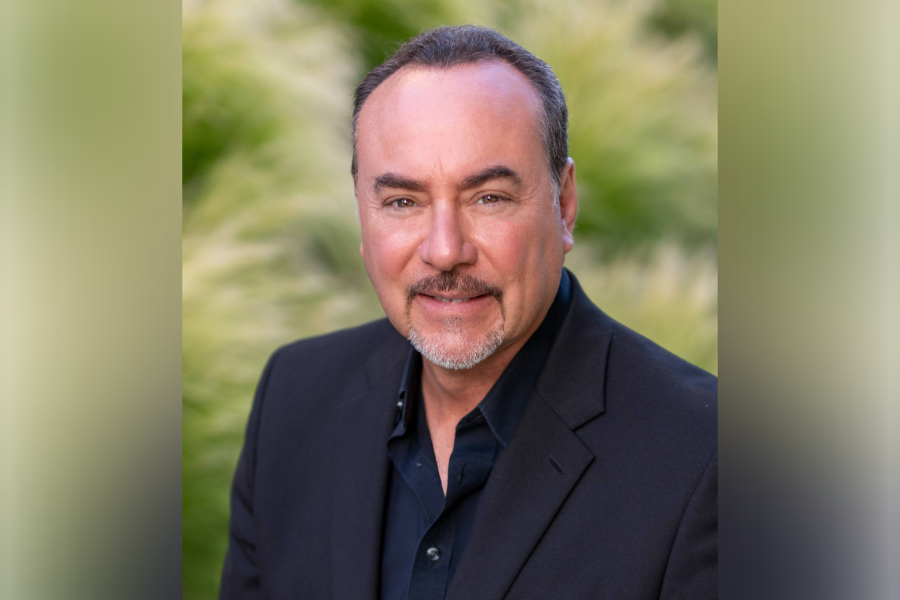
James Pepper Henry, BA ’88 (fine and applied arts)
Executive Director/CEO at First Americans Museum
James Pepper Henry, BA ’88 (fine and applied arts), studied sculpture at the UO, but eventually realized that he needed a reliable day job. Little did he know that he would end up overseeing some of the most important museum collections in the US.
A member of the Kaw Nation in Oklahoma, Pepper Henry served as an associate director at the Smithsonian’s National Museum of the American Indian, where he managed a wide variety of Native American community-oriented programs, services, and traveling exhibitions. During his time at the Anchorage Museum, where he was director and CEO, he helped facilitate a $110 million expansion, collaborated with the Smithsonian to open the Smithsonian Arctic Studies Center Exhibition Hall, and oversaw the debut of the Imaginarium Discovery center. While in Alaska, he co-founded the UO Alaska Alumni Chapter.
He followed that by taking the helm at Phoenix’s Heard Museum, dedicated to contemporary and traditional American Indian arts. Pepper Henry also played a pivotal role in the establishment of the First Americans Museum in Oklahoma City and has received numerous regional, national, and international awards for design and exhibitions. He is a graduate of the Museum Leadership Institute at the Getty Center in Los Angeles and a recipient of the UO’s Council for Minority Education Leadership Award.
Pepper Henry is active in his tribe’s cultural activities and co-founded the Kaw Nation Traditional Dance (Ílóshka) Society. Currently, he serves as vice-chairman of the Kaw Nation and has recently launched a museum consulting business.
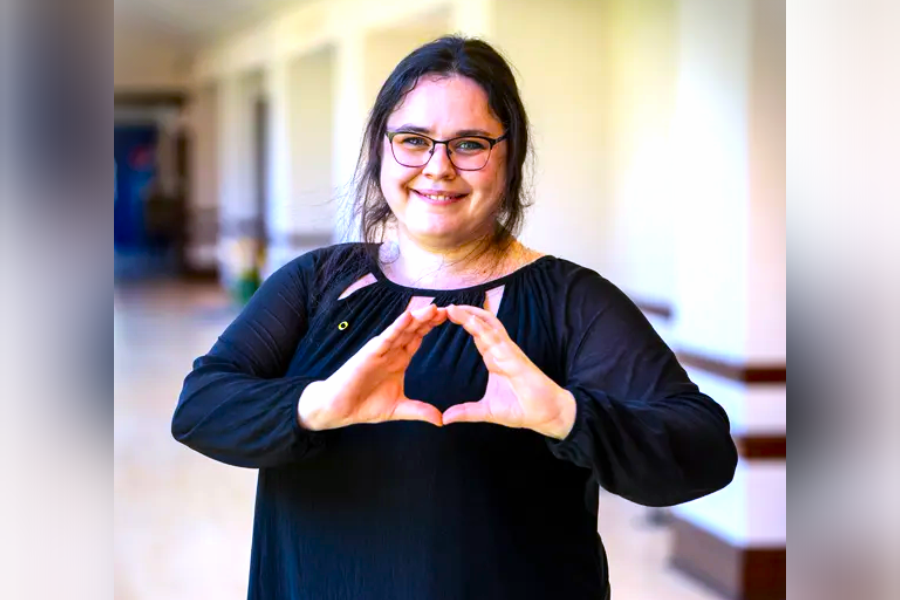
Tasha Blaircobb, BS ’21 (planning, public policy, and management)
Development Project Coordinator, Foundation and Corporate Relations at University of Oregon and Native Duck Nation affinity network board member
Tasha Blaircobb, BS ’21, is a development project coordinator for the UO’s Foundation and Corporate Relations department and the founder of Side Quest Strategic Management Consulting. She is also a Native Duck Nation (NDN) affinity network board member, where she serves as the event chair and works with NDN leadership to plan, market, and evaluate group events and coordinate event outreach efforts for the Native Duck community. As a strategic management consultant, she partners with solo entrepreneurs and small businesses to strategically address barriers to growth.
Blaircobb earned a bachelor’s in planning, public policy, and management and minored in nonprofit administration with an event management focus. After graduating, she served in AmeriCorps' Resource Assistance for Rural Environments (RARE) program as economic resilience program coordinator for the Mid-Columbia Economic Development District in The Dalles, where she worked to support bi-state holistic economic development, sustainable community growth, and equitable access to resources in rural and underserved areas along the Columbia River.
Blaircobb has always been interested in addressing the economic and environmental obstacles facing rural communities, as she grew up homeschooled on an organic farm in rural Wisconsin. In her role at UO and as a goal for her career more generally, she is committed to crafting impactful events that catalyze positive change, spark innovation, and forge lasting connections within communities.
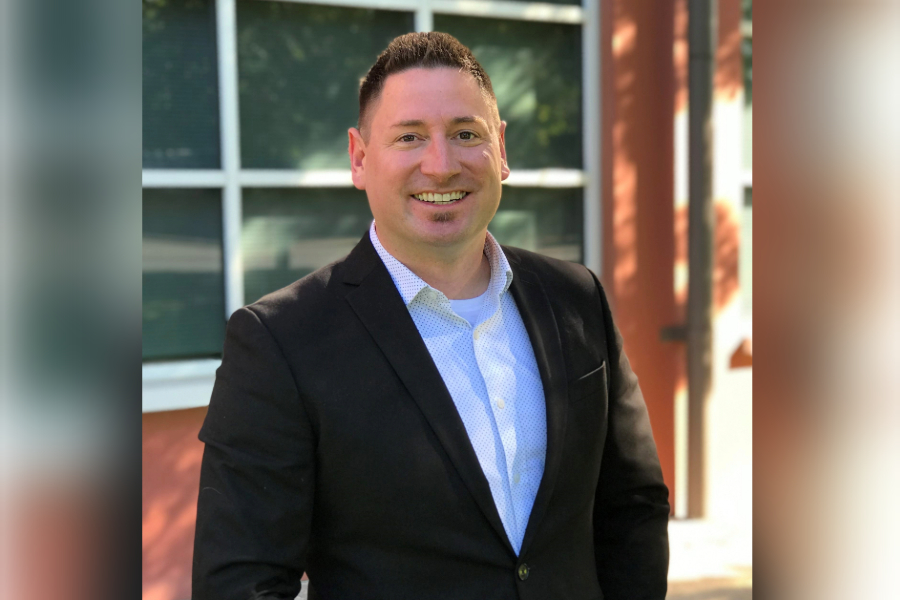
David Hill, BEd ’09 (family and human services)
Director of Economic Development, Lane County Operations at Tribal One Companies
David Hill, BEd ’09 (family and human services) is an enrolled member of the Coquille Indian Tribe. As a UO student, he was an avid cheerleader for four years and served one year as team captain.
“We were like ambassadors for the university,” he says. “It was a unique experience.”
Hill spent several years in the Portland Metro area working as a field sales executive for FedEx Services, and in 2021, returned to the Willamette Valley to work as senior sales manager for Springfield-based Mereté Hotel Management.
He currently serves as director of economic development of the Lane County operations for Tribal One, the economic development business arm of the Coquille Indian Tribe. The Tribe’s Wellness division opened the Ko-Kwel Wellness Center in Eugene in 2022, with the goal of ensuring no-cost care for Lane County’s 6,000 American Indian and Alaska Native citizens.
“To have that healthcare cost barrier removed is good for the community, good for the county, and good for the tribe,” Hill says. “It’s a win-win.”
He is currently providing development expertise that will allow for the expansion of the tribe’s healthcare offerings in the area.
Hill is passionate about community engagement as a catalyst for economic development and is an active volunteer. He serves on the boards of directors for the Springfield Area Chamber of Commerce and Community Lending Works in Springfield, as well as Leadership Eugene-Springfield Steering Committee and Springfield Utility Board Budget Committee.
Hill lives in Springfield with his husband Joe and their two beloved bulldogs.
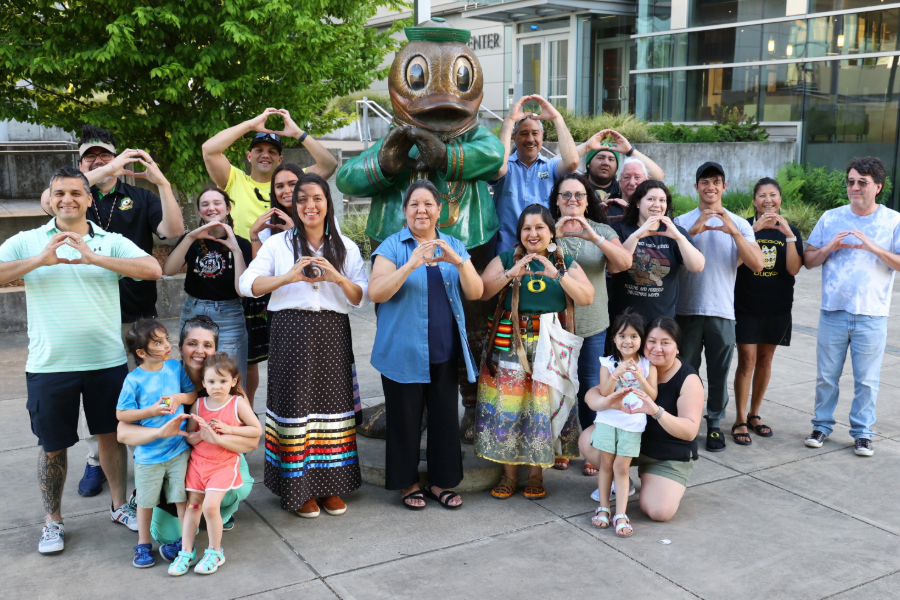
Native Duck Nation Alumni Network
The Native Duck Nation alumni network creates opportunities for Native and Indigenous UO alumni to network, socialize, and stay connected with the cultural development of the campus community.
The group comes together for events each year, such as the Mother’s Day Powwow Weekend, Native Duck Nation tailgate, and more. They also engage with the university for the promotion of Home Flight blankets, generating funds for both alumni and current UO Native students.
Designed by Kalea Calica-Younker, BFA ’22, (Coquille/Coos/Warm Springs/Yakama), and her father Shirod Younker (Coquille/Miluk Coos/Umpqua), the Home Flight blankets are produced by Eighth Generation, a Native-owned company. Buying one of these beautiful blankets supports the Home Flight Scholars program, which covers tuition and fees for Native students, and supports programming for the NDN.
Related Articles
Native Duck Nation follow up session: Native Voices on Campus
Native Indigenous Students at the UO
UO Longhouse
Indigenous UO Campus Map
Sapsik'ʷałá Teacher Education Program
UO Home Flight Scholarship
UO Native American and Indigenous Studies
Celebrating Native American Heritage Month 2023


